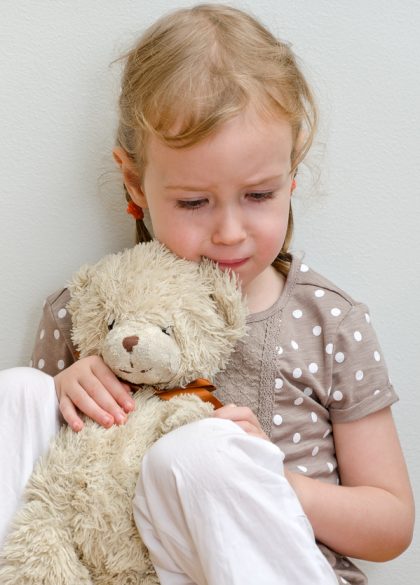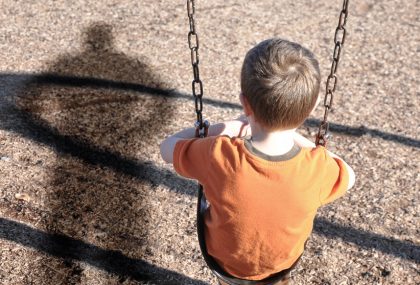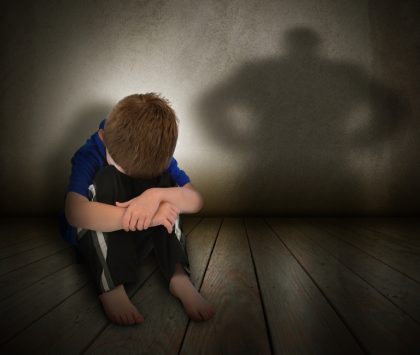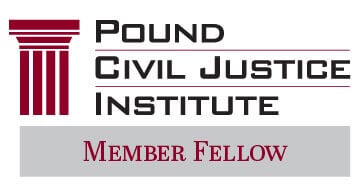Tragically, child sexual abuse is a reality that parents need to beware of when they leave their children at schools or daycares, send their kids off to camp or even drop their children off at sports practice. In some cases, this abuse can even take place at a family member’s house or in religious centers where parents usually trust their children will be safe.

Here and in a few upcoming parts of this blog, we will take a closer look at some of the most common warning signs of child sex abuse that all parents should know. Being aware of these signs can help parents:
- Recognize when their child may be being victimized at the hands of another child or adult.
- Step in early, get their child help and report the abuse to the proper authorities.
Warning Sign 1: Emotional Withdrawal
One common warning sign of child sexual abuse is extreme emotional withdrawal from friends and family. When this sign is present, children will stop showing excitement or engagement with activities and people who used to bring the joy. While they may appear to be generally depressed, these children can also come off as seeming to be more insecure, disconnected and otherwise disinterested.
Laughing less, keeping to oneself and generally shutting down conversations with one-word answers can be some of the more common ways in which emotional withdrawal can be displayed by children who have been victimized by sexual abuse.
Warning Sign 2: Severe Mood Swings
In addition to emotional withdrawal, a child who has been sexually abused may exhibit extreme mood swings, with moods oscillating between violent anger and irritation to depression or severe anxiety. When these mood swings occur, there will typically be minor or even no specific triggers, and there may be nothing that parents can immediately do to try to comfort their children.
Warning Sign 3: Disturbing Physical Injuries

In addition to the emotional changes that can be warning signs of sexual abuse (as discussed in Part 1 of this blog), there may be some physical injuries that can be red flags that a child has been sexually victimized. Some of these specific physical injuries can include (but are not limited to):
- Unexplained bruising or sores around the mouth and/or genital areas
- Physical signs of certain sexually transmitted disease (like, for instance, new rashes, warts or other abnormalities)
- Scarring around the genitals.
Additionally, testing positive for STDs or even pregnancy can be disturbing yet tell-tale signs of sexual abuse.
It’s important to point out here that not all sexual abuse of children results in discernible physical injuries, as forcing children to watch pornographic images or activities or touching children inappropriately without specific penetration are both types of sexual abuse that will not leave signs of physical injuries (instead, this type of abuse may result in emotional warning signs).
Warning Sign 4: Extreme, Sudden Weight Loss
In many cases, the psychological trauma children sustain when they are sexually abused will manifest itself through sudden and extreme weight loss, as children may come disinterested in eating. Although children will go through growth spurts and can lose some weight when this happens, the weight loss associated with sexual abuse will typically be coupled with depression, emotional withdrawal and other common signs of this abuse.
While any of the warning signs mentioned in any of these blogs may not necessarily indicate that sexual abuse has occurred (except, of course, for the physical injuries), when children exhibit two or more of these warning signs, it’s time for parents to take notice and action by talking to their children and potentially even reporting suspected abuse to the authorities.
Warning Sign 5: Inexplicable Fear of a Specific Person or Place

When children have been sexually abused, they may show extreme anxiety, profound fear or even heightened agitation when the name of the abuser comes up, when the abuser is around and/or when going to the place of abuse (like, for instance, the school, daycare center or other residence where the abuse has occurred).
Coupled with this fear, there may be a development or recurrence of bedwetting, intense nightmares or even night terrors when children have been sexually abused.
Parents should not shrug off children’s expressed fear, particularly when it’s associated with a particular person or place, as this can be a giant red flag that sexual abuse has taken place.
Warning Sign 6: Talk of a New Older Friend
While children make new friends with other kids on a regular basis (especially when they are going to school, daycares or camps), making friends with adults may be something to worry about – especially if a child talks obsessively about that adult, has new gifts from that adult or starts using new adult words for genitalia.
If your child has started talking about a new adult friend recently and has gifts from that friend, ask your child questions about his or her interaction with that person.
Portland Child Sex Abuse Lawyers at the Savage Law Firm
If you or a loved one has been sexually abused by a family member, teacher, religious leader or anyone, the Portland child sex abuse lawyers at the Savage Law Firm can help you obtain the justice and compensation you deserve. For more than 30 years, the Savage Law Firm has been devoted to defending the rights of sexual abuse survivors and helping them shed light on the heinous actions of their abusers.
Although we understand that no amount of money can ever make up for childhood sexual abuse, we also know that helping abuse survivors obtain compensation from their abusers can be crucial to getting access to the counseling and other long-term treatments they may need to deal with the psychological damage caused by the abuse. One of our central goals is to help sexual abuse survivors get the justice they need so they can reclaim their lives and futures.
Contact Us Today for More Information about Your Rights
We encourage you to learn more about your rights and how we can help you by attending a free, no obligations initial consult.
Call us at 503-222-0200 (in Portland) or at 206-957-7272 (in Seattle). You can also email us using the form on this page. We represent clients in Oregon and Washington from our offices in Portland and Seattle.






